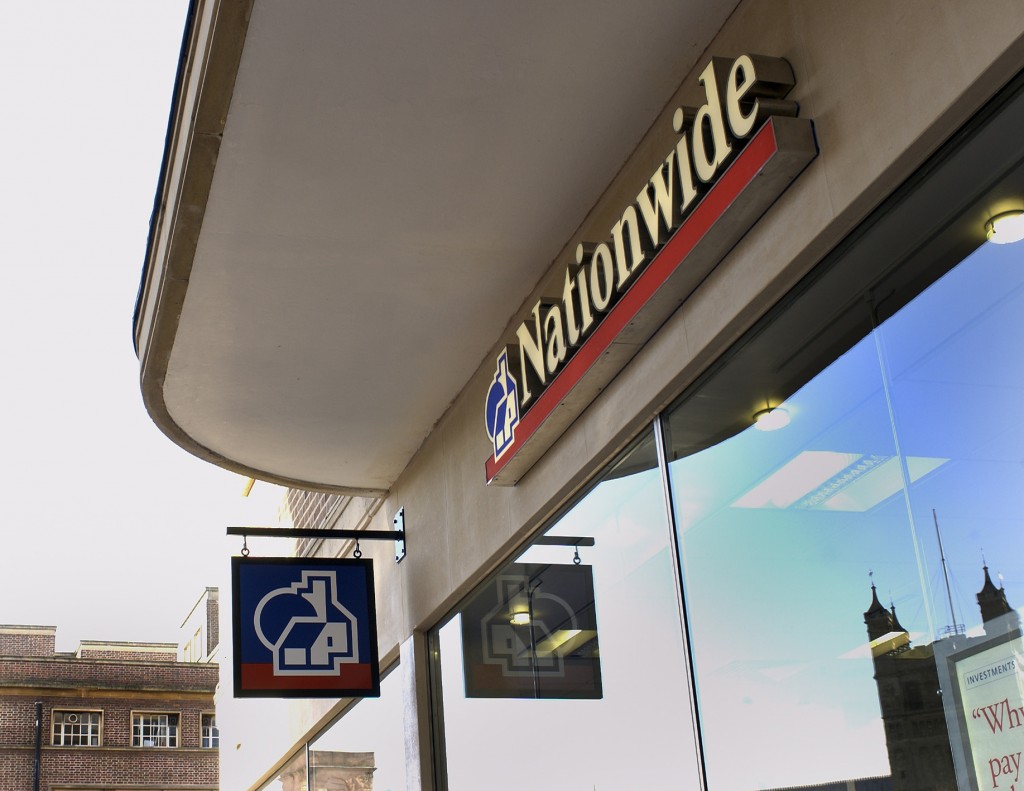
Annual house price growth edged upwards to 2.4% in October, from 2.2% the previous month, the latest index from Nationwide reveals.
The building society reports that month-on-month, average house prices increased by 0.3% to £272,226.
Mortgage approvals for purchase have remained similar to before the pandemic and house prices have increased modestly over recent months, indicating a broadly stable market, the lender says.
Nationwide chief economist Robert Gardner says: “Against a backdrop of subdued consumer confidence and signs of weakening in the labour market, this performance indicates resilience, especially since mortgage rates are more than double the level they were before Covid struck and house prices are close to all-time highs.
“Looking forward, housing affordability is likely to improve modestly if income growth continues to outpace house price growth as we expect. “Borrowing costs are also likely to moderate a little further if Bank Rate is lowered again in the coming quarters.
“This should support buyer demand, especially since household balance sheets are strong – indeed, in aggregate the ratio of household debt to disposable income is at its lowest for two decades.”
Propertymark chief executive Nathan Emerson says: “Three base rate dips have helped increase consumer affordability; however, we still have a rate of inflation that is near double what the Bank of England is hoping for.
“We have seen Stamp Duty threshold changes disrupting sales trends for those in England and Northern Ireland earlier this year, and we now have the Autumn Budget just around the corner which may influence the smooth flow of property transactions, with many people holding out to see what changes may potentially be announced.”
OnTheMarket president Jason Tebb says: “While mortgage rates are higher than they were pre-pandemic, affordability challenges continue to ease.
“The Bank of England held base rate at last month’s meeting, which has created a feeling of stability with the suggestion of more reductions to come once the rate setters are certain that inflation has peaked.
“In the meantime, a number of lenders are reducing their mortgage rates on the back of falling swap rates, along with easing criteria, which should further assist with affordability.”
SPF Private Clients chief executive Mark Harris points out that, despite the housing market being quieter as buyers and sellers adopt a ‘wait and see’ approach to the upcoming Budget, lenders remain keen to lend and have the funds to do so.
He says: “Falling swap rates, which underpin the pricing of fixed-rate mortgages, have given added impetus to reduce rates, with Barclays and HSBC, among others, trimming their pricing in order to generate more business before the year end.”
North London estate agent and former Royal Institution of Chartered Surveyors residential chairman Jeremy Leaf says: “This historically reliable indicator of market health mirrors recent strong mortgage approvals and steady growth, which is what we are seeing in our offices.
“Expectations of a modest rebound, at least if Budget speculation does not prove as harmful as many expect, has stirred a little more activity recently.
“Some buyers are hedging their bets to try to agree terms and exchange in early December if possible, without fear of additional competition and possibly higher prices once the Chancellor’s intentions are known.”



